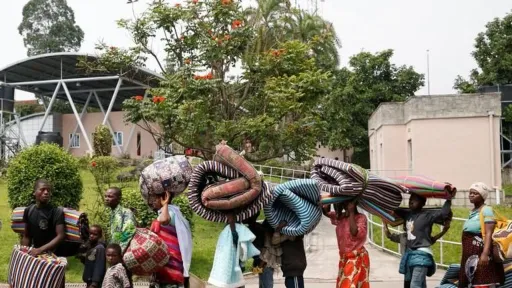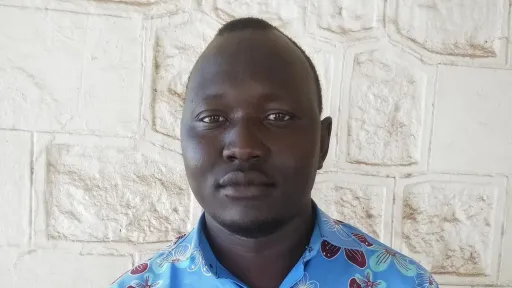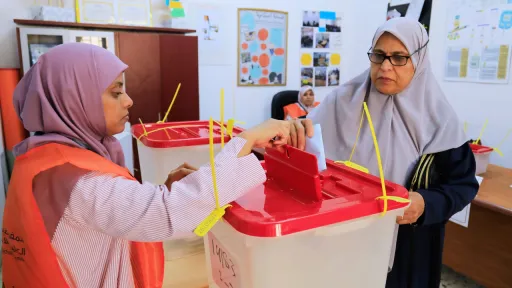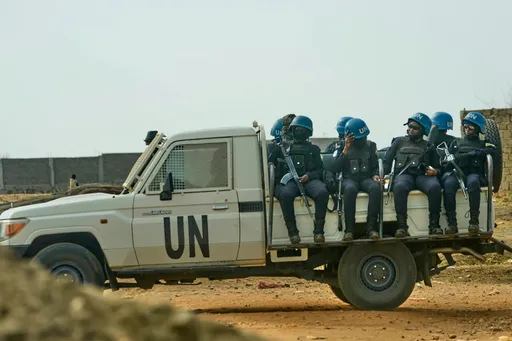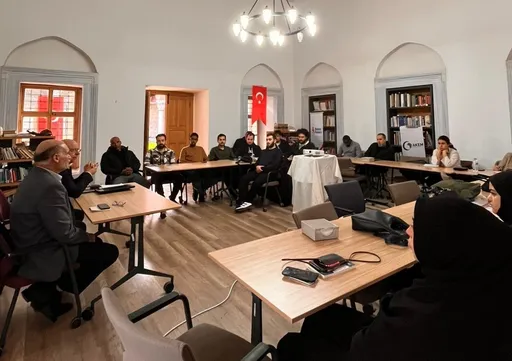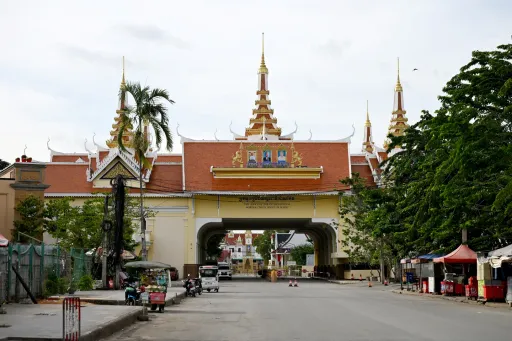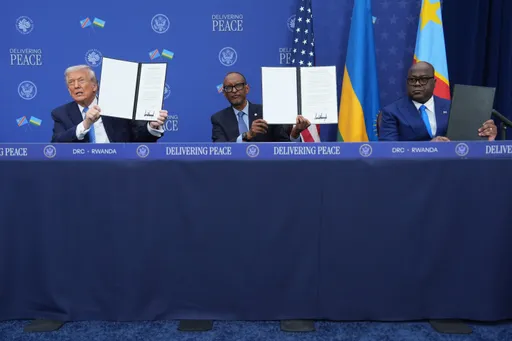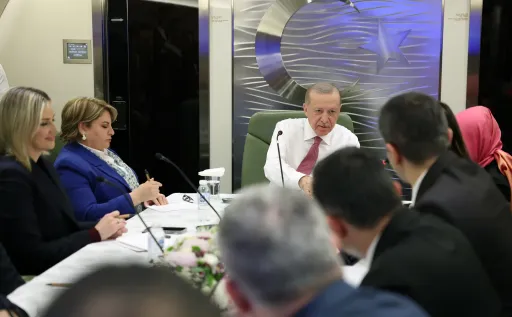By Eudes Ssekyondwa
A ripple of excitement and anticipation courses through the western part of Uganda as drillers tap into the region's reserves of black gold, aiming to roll out the first barrels of crude in 2025.
China-owned CNOOC International, among the largest oil and gas companies with a stake in Uganda's energy sector, is ramping up its activity in the Kingfisher oil wells to meet the deadline.
The Petroleum Authority of Uganda (PAU), whose mandate is to regulate and monitor the petroleum sector, oversees the frenetic drilling activity. It's a responsibility fraught with challenges, more so against the backdrop of environmental concerns elsewhere in the country where oil reserves are being drilled.
"Right now, the focus is on drilling the wells required for the first batch of petroleum," Michael Okello, an official of the PAU, tells TRT Afrika.
Mining experts estimate that the Kingfisher oil wells will produce about 180 million barrels. Uganda plans to use its oil and gas resources to fight poverty, improve service delivery to its people and develop infrastructure.
Drilling is progressing alongside the construction of a feeder pipeline to evacuate the oil to the central processing facility at Kabaale Industrial Park.
Western Uganda has approximately 6.5 billion barrels of oil reserves, of which at least 1.4 billion is estimated to be economically recoverable.
All of Uganda's oil production is currently run by joint venture partners such as the French-owned TotalEnergies EP, which has a majority participating interest of 56.67%, CNOOC International with 28.33%, and the Uganda National Oil Company (UNOC) with 15%.
Besides the Kingfisher oil wells, drilling has continued in Tilenga. Over four hundred wells are to be drilled by TotalEnergies in Tilenga, one-third within Uganda's largest national park, Murchison Falls.
The French company also owns a majority share of 62% in the East African Crude Oil Pipeline Project, a 1,443-km pipeline to transport the country's crude oil from Kabaale-Hoima to the Chongoleani peninsula near Tanga port in Tanzania.
Once completed, the pipeline will have a peak capacity of about 246,000 barrels daily.
Ecological red flags
However, environmental activists have repeatedly flagged potential threats to Uganda's biodiversity from the French company's activities.
"The pipeline project has particularly impacted our forest reserves. We fear that our biodiversity could come under increased pressure from the company's drilling activities if it fails to play its role in biodiversity conservation, climate stabilisation and other commitments," Diana Nabiruma from the Africa Institute for Governance tells TRT Afrika.
"If we destroy forests, then the biodiversity within those forests moves out of there. It's fundamental," she says.
Compensation for people being displaced from the drilling zones is also an issue.
For its part, TotalEnergies says implementing the Tilenga and EACOP projects necessitates a structured land acquisition programme covering approximately 6,400 hectares.
This includes the relocation of 775 homes, affecting a total of 19,098 people.
In September 2022, the European Parliament, of which France is a part, expressed "grave concern over human rights violations in Uganda and Tanzania" as a consequence of the pipeline project.
The members noted that nearly 118,000 people had been affected by oil projects, and some have had their homes destroyed to facilitate the construction of access roads or a processing plant.
In July 2023, Human Rights Watch released a report on the activities of TotalEnergies based on interviews with citizens, including 75 displaced families in five districts of Uganda.
According to the report, "farmers said they felt pressured to sign compensation agreements in English, a language many of them cannot read, and many described being offered cash instead of the option of replacement land in line with international standards".
"They come here promising us everything," a resident was quoted as saying. "We believed them. Now we are landless, the compensation money is gone, what fields we have left are flooded, and dust fills the air."
TotalEnergies defended itself in a letter to Human Rights Watch, saying the company had dispensed compensation in accordance with Ugandan law.
In June last year, 26 Ugandan citizens sued TotalEnergies in Paris for reparations over alleged human rights violations through its projects in the country. Amid the controversy on the pros and cons of the project, many Ugandans hope the country’s oil wealth will benefit the economy in the long run while those affected by the oil activities continue to wait for a proper compensation.









